Issue 13 Flipbook

Read issue 13 as a flipbook

Read issue 13 as a flipbook
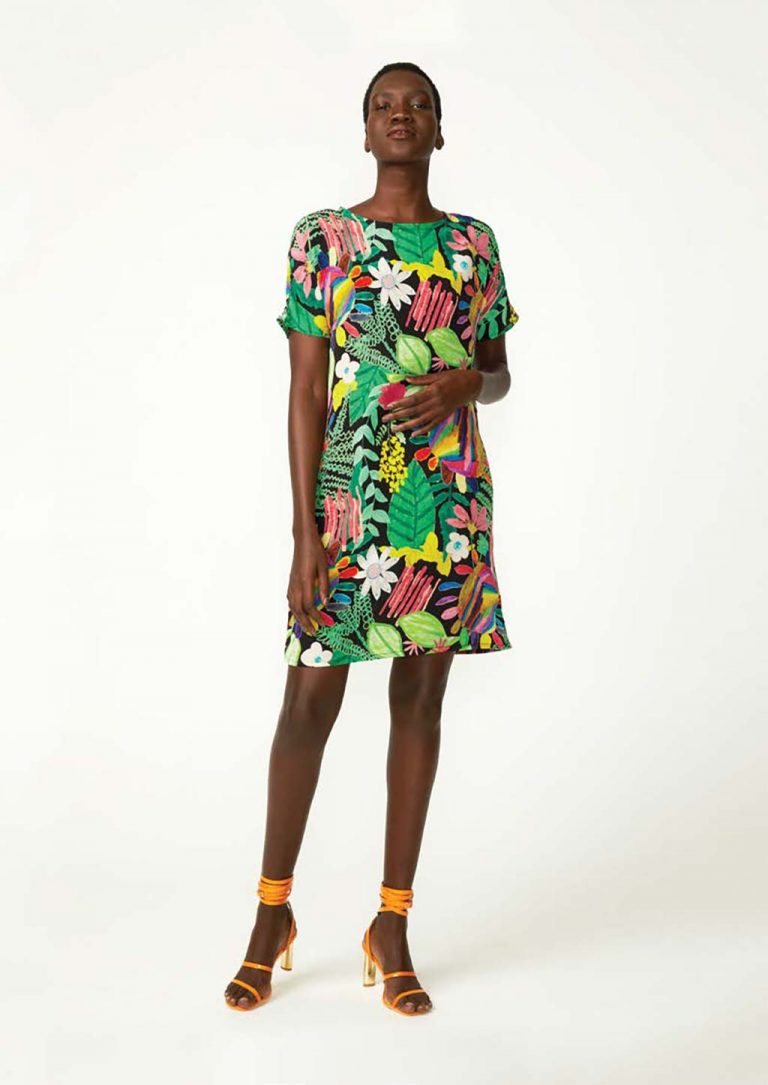
Unless we are going to get really primitive and go back to not wearing clothes, clothing ourselves is something we all have in common. Yet doing that in a way that isn’t causing harm either to the people making our clothes or the planet is proving to be increasingly difficult. In this age of fast fashion where clothing is made to be cheap and disposable, it takes a concerted effort to find clothes that are truly ethical.
It is most sustainable not to buy new products at all, and instead buy from op shops, repair clothes when they need mending and simply reduce the amount of clothing we own. But if we are going to buy something new, which, inevitably we will need to from time to time, it is best to buy good quality clothing that will last and from a reputable company that has proven ethical standards.
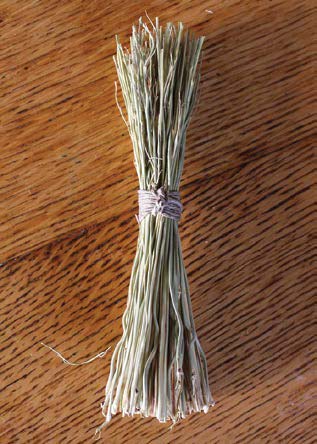
The green clean movement is big business these days, with microfibre ‘wonder’ cloths (often made of plastic and biocidal silver) peddled as an eco-solution to harmful cleaning chemicals while requiring virtually no effort.
When looking for sustainable alternatives, rags are a great way to use up old fabric scraps, but these often contain plastic materials (e.g. elastane) that mean their eventual landing spot must be in landfill. But fear not! For those of us with a teeny bit of crafty nous or gardening know-how, there are some very simple alternatives.
The two simple cleaning craft projects detailed here can be made from natural unrefined fibres, are completely biodegradable and are suitable for all compost systems at the end of their lives.
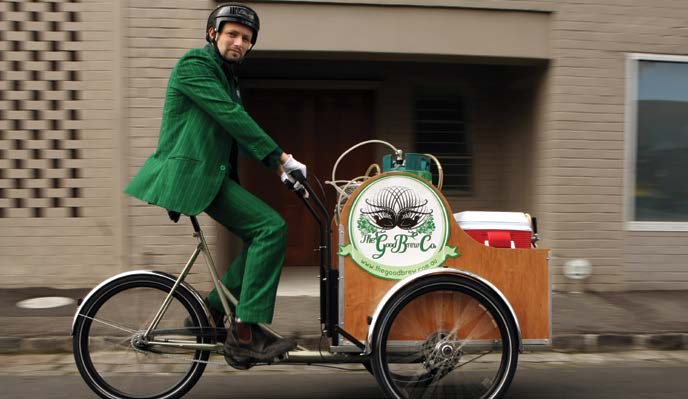

Deano Goodbrew has been selling kombucha for over ten years. While his Brunswick-based business The Good Brew Company ship their products Australia-wide, Deano regularly jumps on his bike to deliver to the inner-north in the most environmentally friendly way possible. When he’s not zooming around town, Deano and his bike can also be spotted at sustainability events across Melbourne.
What is your business?
I have been running a bike-based brew business called The Good Brew Company since 2007. We are now incorporated and brew predominantly medicinal soft drinks like kombucha.
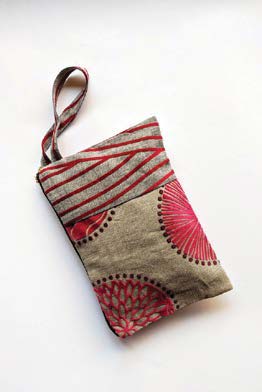

The Social Outfit are an independently-accredited, ethical trading social enterprise that provides employment and training in the fashion industry to people from refugee and new migrant communities in clothing production, retail, design and marketing. They make and sell quality products that help financially empower people and provide customers with unique pieces that tell amazing human stories.
These clutches are made from offcuts donated from textile companies that want to avoid textile waste. Fabric compositions vary (linen/cotton/heavy silks, some with embroidered or flocked details). Each clutch features two fabrics spliced on the outside, and a complementary fabric for the lining. Each clutch is one of a kind.
www.thesocialoutfit.org
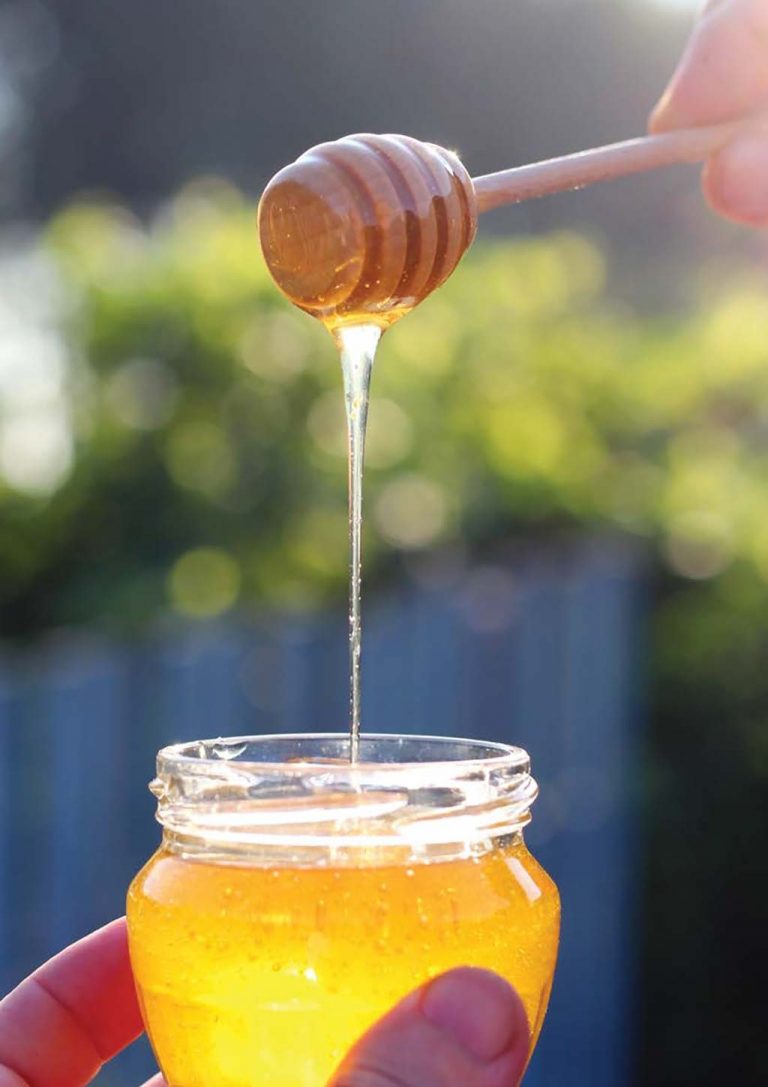

Honey is one of the most ubiquitous products in Australian homes. Most households have a jar of honey on the shelf, whether it be for eating or medicinal use, but lately we are realising that not all honeys are the same.
There has been a focus in the news lately about where honey comes from and what it consists of. There have been concerns over honey being diluted with other syrups and these blended sweeteners masquerading as honey are now appearing on supermarket shelves.
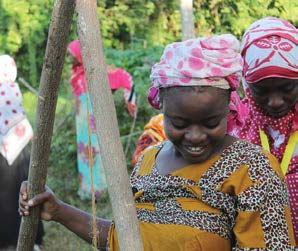

Zanzibar is an archipelago 25 kilometres off the coast of Tanzania, a semi-autonomous region on the East Coast of Africa otherwise known as the Spice Islands. Permaculture Zanzibar is a school to teach practical livelihood skills using the permaculture approach. It is run by a vibrant group of young people who organise workshops, kids’ camps and permaculture school garden programs, train teachers, teach PDCs and are creating a permaculture education garden.
A particularly fabulous program they run is the Fursa Kijani Youth Program, a youth empowerment program to train young Zanzibarians in a four month practical permaculture internship, getting them ready for employment and helping them to start permaculture enterprises— they call it ECOpreneurship. PPIZ accepts long-term volunteers.
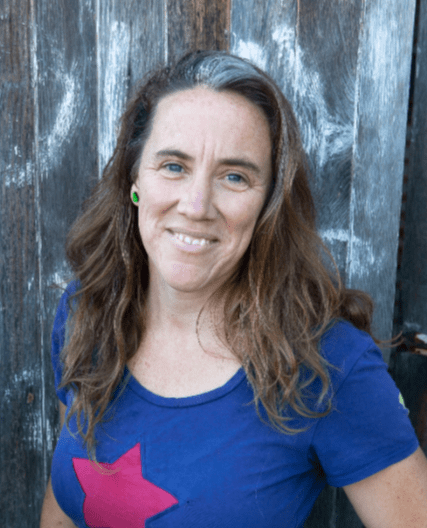

Thank you for picking up Pip.
We are now into our sixth year of publishing, and you know what, I feel pretty proud of that. For those that don’t know, Pip is an independently owned and operated publication running out of the small coastal town of Pambula from a converted barn on our rural property.
We try to practice what we preach and often article ideas come from what we are doing here on our property. We have lots of food growing in the garden, ferments bubbling and fizzing on the bench, and permaculture design systems in place to make our place run smoothly and efficiently.
But don’t get me wrong—we too, like so many of us nowadays, struggle with doing all the things we would like to be doing.
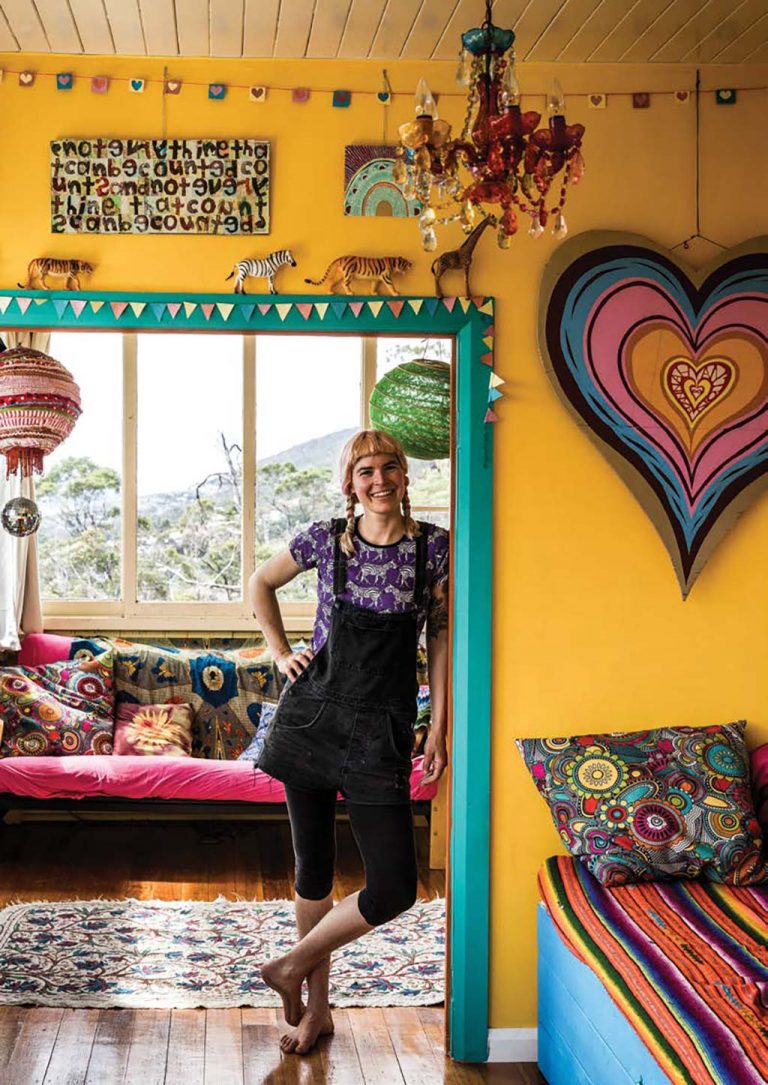

We bought our old house and quarter acre block in urban Hobart in late 2012. The only reason we could afford to buy it was because of its ‘interesting’ and limited access—just a steep old 100 m concrete staircase from the road. And while we were pretty okay with this initially, we always knew we wanted to buy the neighbouring block that came with easy access.
In 2016, we bought the neighbouring weed block, making our block three quarters of an acre now with access. We quickly built a driveway which we mostly use for our electric bikes and are now in the process of implementing our full design.
When we did our initial design, we designed the whole property with the neighbouring weed block in mind, hoping that one day we’d get it and thankfully we did. This means we’ve been able to quickly roll out the implementation process (as our budget allows) as we’d already been thinking about it for four years.
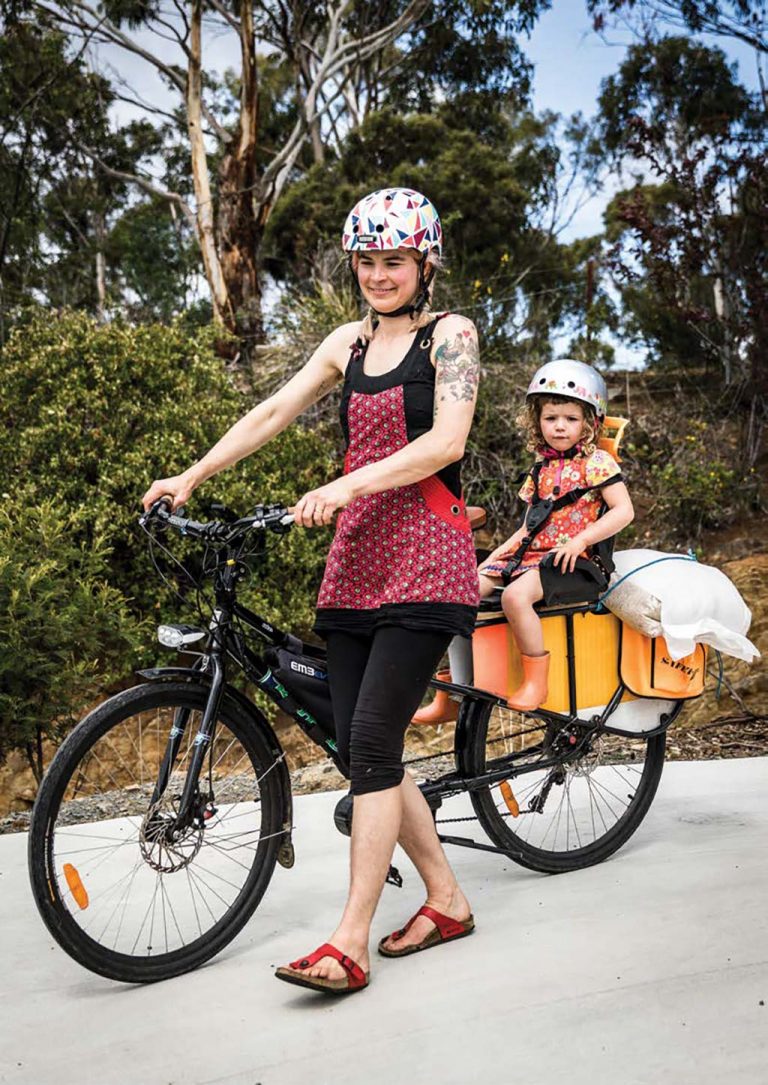

Our cities are becoming more spread out and also more congested. A revolution is needed to help people reach their destinations quickly, sustainably, enjoyably and affordably.
Electric bikes (e-bikes) may be the solution with their energy efficiency, the ease they offer in urban environments by eliminating parking and traffic jam issues, their lack of pollution, and their suitability for riders with compromised fitness or health.
How Do They Work?
E-bikes are pedal bikes that have been modified or manufactured with an electric motor that is powered by a battery. Most electric bikes come with either a lithium-ion (Li-Ion) or a lithium polymer (LiPo) battery.